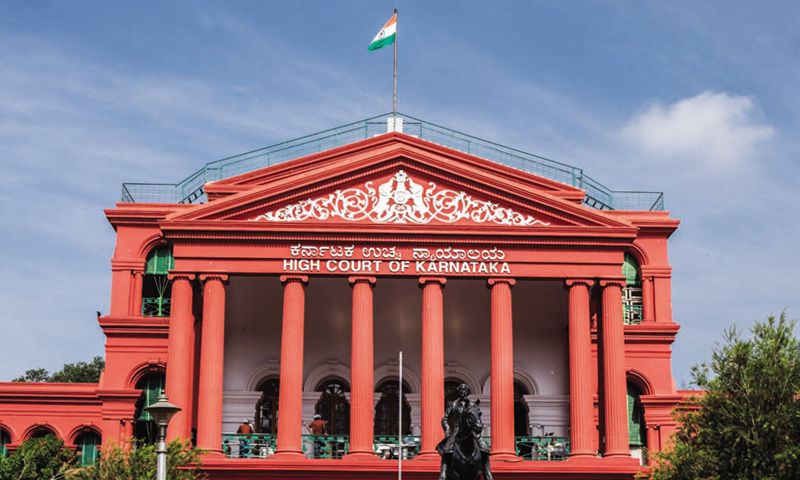
Bihar High Court Strikes Down 65% Reservation Law: Legal Principles and Implications
Last Updated on June 26, 2024 by News Desk
Issue:
The Patna High Court recently nullified laws enacted by the Bihar Legislative Assembly that provided 65% reservations in public employment and educational admissions for SCs, STs, and OBCs. The court argued that this exceeds the 50% reservation limit, violating constitutional equality principles.
Rule:
The Supreme Court’s ruling in MR Balaji established a 50% ceiling on reservations, further upheld in Indra Sawhney. The court recognized exceptions for extraordinary circumstances but emphasized strict justification for any excess. In Rakesh Kumar, the court allowed exceeding limits for Schedule Tribes in specific contexts. However, in Jaishri Laxmanrao Patil, the Supreme Court clarified that social, educational, and economic backwardness alone do not justify breaching the ceiling.
Application:
The Bihar Government based its decision on a 2023 caste survey, which found that 85% of the state’s population belongs to marginalized communities. They argued for proportionate representation based on this demographic data. However, the High Court found this reasoning insufficient, noting that the survey lacked detailed socio-economic data for individual castes. Accepting Bihar’s argument could lead to intra-caste discrimination, with more developed castes monopolizing benefits. Furthermore, the court rejected the state’s reliance on the M. Nagaraj case, which does not support exceeding reservation limits based merely on quantifiable data. The plea that Bihar is not in the national mainstream was also dismissed, as the state plays a central role in national politics.
Conclusion:
The Patna High Court concluded that Bihar’s 65% reservation policy is unconstitutional. The ruling underscores the need for stringent justification to breach the 50% reservation ceiling and highlights the complexities in balancing affirmative action with constitutional mandates of equality. This decision reaffirms the legal framework governing reservations and sets a precedent for future cases, emphasizing the necessity for detailed socio-economic assessments and caution in extending reservation limits.
Written By — Athi Venkatesh AVD




